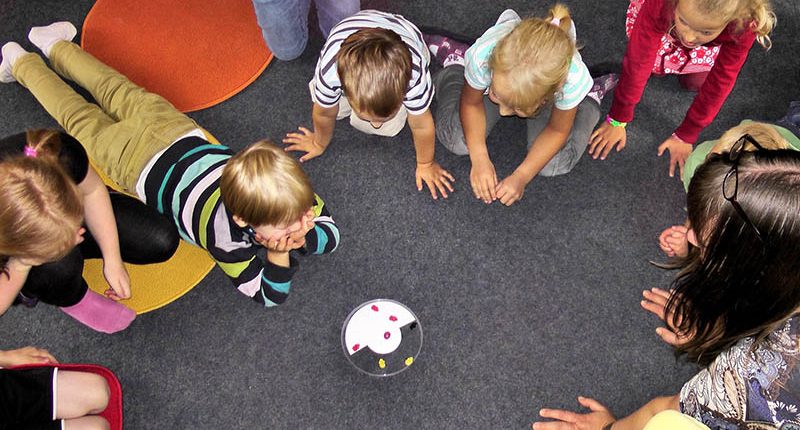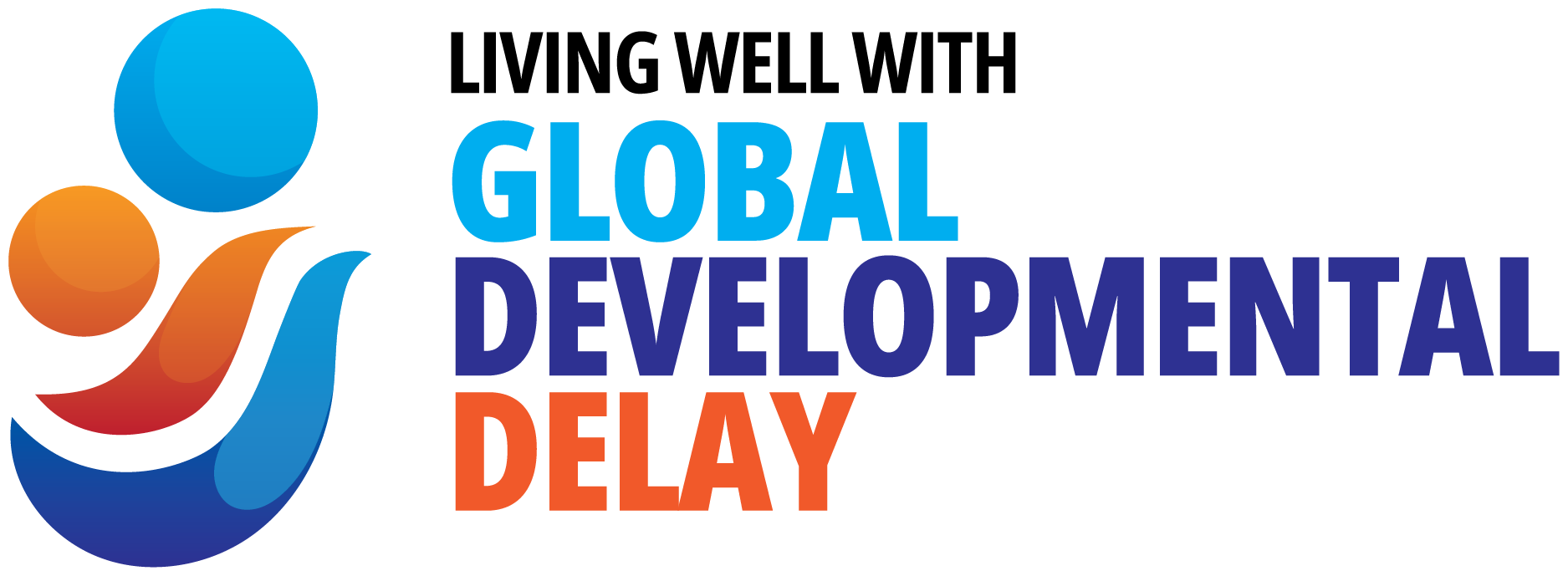Blog
How can I get the outcomes I want for my child with Global Developmental Delay?
- November 9, 2023
- Posted by: gl0b4dm1n
- Category: Global Developmental Delay

So, you’ve already come a loooong way to get to this question. You’ve discovered your child has Global Developmental Delay. You’ve explored what it is, the causes, the definition. You’ve investigated what the differences are between Global Developmental Delay and autism. You’ve even managed to get an NDIS plan. Now you have a key worker, team around the child, or other early years professionals involved. Great! Exhausting, but great achievements! Now you’re at the point where you want to know – How do I get the best outcomes for my child?
There are two things that are important to think about as you ask this question.
Firstly, what are the outcomes that are really important to me?
There are different types of outcomes or goals. Some examples include your child learning a specific skill or participating in an activity or event, like a birthday party, or your child fitting into your family’s everyday routines. Its important to talk about types of outcomes and what is important to you. You don’t want to be thinking ‘ I didn’t know I could have asked that’ later on.
The second question is: are the professionals I am working with acting like a team, and what is my position on the team?
Getting the best for your child works best when everyone is working together as a team. Things go well when everyone is shooting for the same goals. Everyone on the team brings their own expertise, but they also need to have their position in the team. Most importantly, it needs to be clear that you are one of the most important people in the team. You spend the most time with your child and know them. Your contribution to the team, and meeting the needs of your family, is critical.
When John and I wrote The Key Worker book[i] we aimed to help professionals support families to be part of the team and get the outcomes that were important to them. John is the CEO of Noah’s Ark Australia[ii] and the parent of a child with a disability. I’m a psychologist with over 25 years’ experience in disability services and early childhood intervention. We realised that the book alone might not be enough, so we also created an online training course – The Key Worker Online Course (KWOC). Thousands of professionals have now been through the course both in Australia and overseas. Unfortunately, there are still plenty of professionals out there who may not have had this kind of training. Worse still, there are some professionals out there who think they know better than you about your child and what your child needs. Here are three additional things to think about.
Firstly, what does good professional support look like?
If you do have a key worker, this an excellent start. A key worker can make life a bit easier as you have one main person to listen to you and your family. You don’t have to retell your story again and again. Your key worker should be a qualified professional – an occupational therapist, speech therapist, early childhood teacher, social worker, psychologist, or physiotherapist. Your key worker will come from a team that has a mix of these professionals. The key worker can give you information and advice and get extra help when needed from others in their team. A key worker can visit you at home and visit your child in childcare, preschool, school, or other activities your child does in your neighbourhood. A good key worker will ensure you have the emotional support and resources you need. They will help you build your child’s skills and build your own confidence. Their focus will be on the priorities of you, your child, and your family.
Secondly, can I get help thinking about the outcomes or goals for my family?
It can be hard for anyone to answer the question – What are your goals? The question is harder again when it is about your child. Having gone through all that you have as a parent of a child with global developmental delay, it might feel impossible to answer!
Luckily there are some methods to make this easier. Have you heard of eco-mapping[iii]? Eco-mapping is a nifty way of drawing a diagram and having a conversation about the supports you have in your life. This includes friends, family, work, neighbours and other professionals. This conversation between you and your key worker can help you both see where more support might be helpful. Then there is a thing called a routines-based interview[iv] (RBI). This is a conversation between you and your key worker about a typical day for your child and family. What happens when your child wakes up? Who is there? How is your child participating? How is your child interacting with others? Families who’ve experienced an RBI report that it is very helpful in working out what their top priorities are to work towards with their child.
Thirdly, what are my rights in this process?
Don’t forget, professionals need to be respectful of you, your child, and your family. You need to feel comfortable with this person, to know that they listen and care. If you feel that the person you are working with is not a good match for you and your family then make a change. Feel free to talk openly with your key worker or other professionals about what you would like to change about the service you are receiving. Are they focusing on what you think is important? If this is not successful, you could speak with their supervisor. If all else fails, you are very free to change to a different service altogether.
You want the best outcomes for your child. Know what good practice looks like. Know some ways to help work out what your goals and priorities are. Talk with your key worker about what is working. Also tell them how the service could be even more helpful. If you really think the key worker is not a good match for you and your family, find one who is. You, your child, and your family deserve good support to achieve the outcomes you want to achieve.
References
[i] Alexander, S., & Forster, J. (2012). The Key Worker: Resources for Early Childhood Intervention professionals. ECII.
[ii] https://noahsarkinc.org.au/
[iii] https://sites.google.com/metro-ecsu.org/mn-eqip/family-centered-practices/ecomap
Author: Dr Stacey Alexander & John Forster
